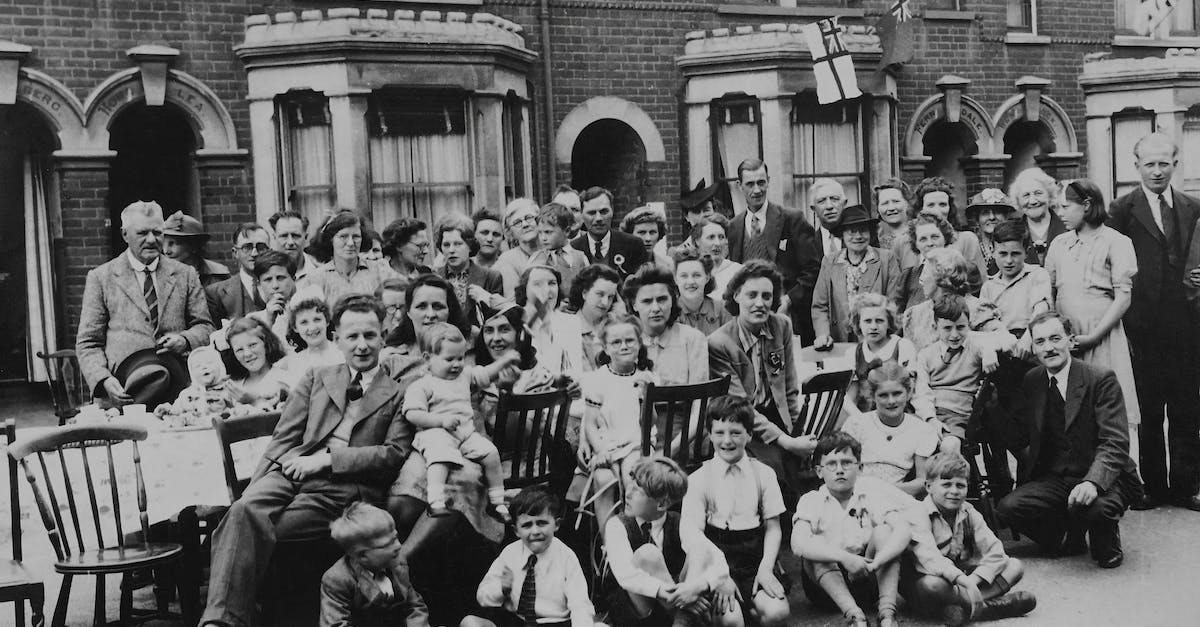What does the Latvian election mean for the future of the country?

The general election in Latvia was fascinating for a number of reasons. Firstly, it was shaped by neighbouring Russia’s war in Ukraine and the resulting divisions among the country’s sizable ethnic Russian minority. Secondly, it saw a significant shift away from the pro-Moscow parties that have traditionally been popular among this group.
This is a hugely positive development for Latvia. The country has been working hard to move away from its Soviet past and towards a more European future, and this election is a strong indication that the majority of Latvians are supportive of this direction. It is also a sign that Latvians are united in their efforts to protect their country’s independence and sovereignty, despite the pressures that Russia is exerting.
1. What explains the success of centrist parties in Latvia’s recent parliamentary elections?
Latvia’s recent parliamentary elections saw a victory for the centrist Unity party, led by Prime Minister Laimdota Straujuma. This was despite a strong challenge from the right-wing National Alliance, which had been leading in the polls prior to the vote.
There are a number of factors that explain the success of the centrist parties in Latvia. Firstly, the economy has been doing relatively well in recent years, with GDP growth of around 4% in 2015. This has made voters more likely to support the incumbent government. Secondly, the National Alliance has been embroiled in a number of scandals in recent months, which has damage its reputation.
2. How did Russia’s war in Ukraine and divisions among Latvia’s ethnic Russian minority impact the election results?
In the recent general election in Latvia, the party of the incumbent prime minister, Laimdota Straujuma, came out on top. This was despite the fact that Russia’s war in Ukraine and divisions among Latvia’s ethnic Russian minority had a significant impact on the election results.
Russia’s war in Ukraine led to increased tensions between Russia and the West, and this had a knock-on effect in Latvia. There was a significant increase in the number of Latvian citizens who felt that their country should move closer to the West and NATO, in order to protect itself from Russia. This increased support for parties like Straujuma’s, which are in favour of closer ties with the West.
Quick Summary
The election results in Latvia show that the country is divided on how to deal with Russia. The ruling party has taken a firm stance against Russia, while pro-Moscow parties have crashed in the polls. This shows that Latvia is a country that is struggling to find its identity in a post-Soviet world.








